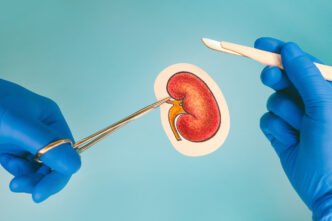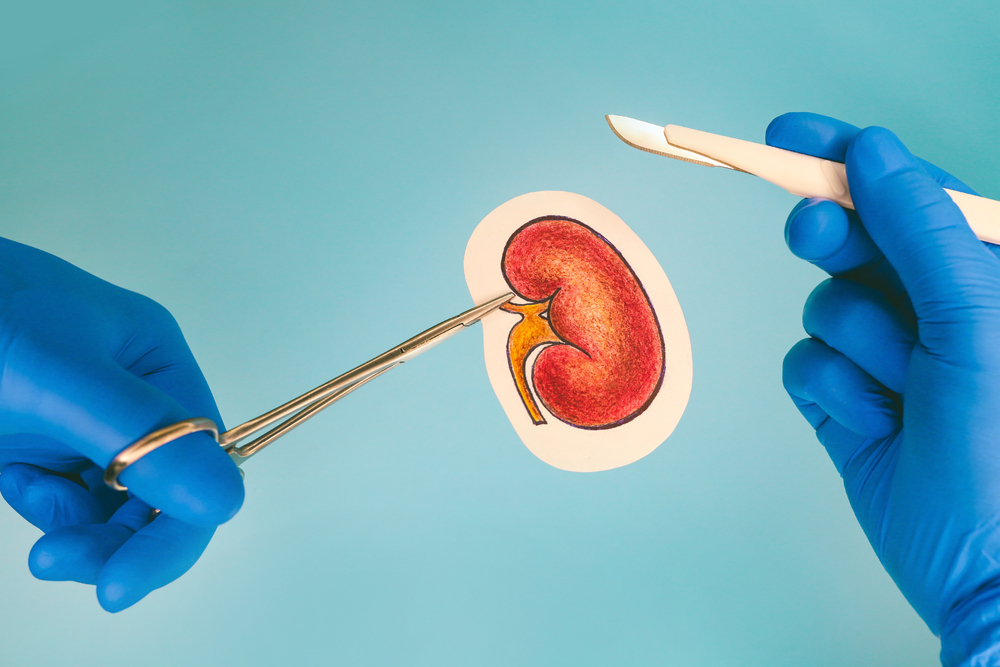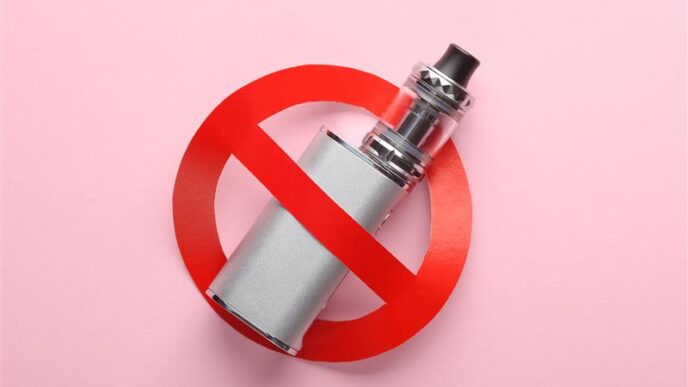While dialysis has become more advanced and accessible in recent years, kidney transplant remains the gold standard for eligible patients. An expert explains why kidney transplant still matters and why, for many, it remains the best hope for a longer, healthier life.
WORDS DR WONG HIN SENG
 FEATURED EXPERT FEATURED EXPERTDR WONG HIN SENG Senior Consultant Nephrologist Hospital Selayang |
While dialysis is indeed a life-saving treatment for people with end stage kidney disease, it cannot fully substitute for a functional kidney.
KIDNEY TRANSPLANT IMPROVES SURVIVAL RATE
- Only 52% of Malaysian patients on dialysis are still alive 5 years after they start the treatment.
- In contrast, the 5-year survival rate for those who undergo a kidney transplant is 90%.
KIDNEY TRANSPLANT IMPROVES QUALITY OF LIFE
- People on haemodialysis would have to spend around 4 hours at a haemodialysis centre 3 times a week.
- Those on continuous ambulatory peritoneal dialysis would have to undergo the dialysis process 4 times a day for a period of 30 to 40 minutes each time.
- As for those on automated peritoneal dialysis, the patient must undergo the procedure for 8 to 10 hours daily, usually while asleep at night.
| Click here for an article explaining in more detail what peritoneal dialysis is, its advantages as well as its disadvantages. |
Kidney transplantation removes the need for this huge time commitment.
Those who have received a donated kidney mainly need to commit to:
- Taking immunosuppressant medications for the rest of their lives to ensure that their body does not reject the donated kidney.
- Lead an overall healthy lifestyle.
DIALYSIS CAN BE COSTLY
- Dialysis is a lifelong treatment, and the expenses can certainly accumulate to large amounts over time.
- According to a 2018 study, the yearly cost for a haemodialysis patient is RM39,790, while the yearly cost for a patient on continuous ambulatory peritoneal dialysis is RM37,576.
In contrast, the transplant services provided by Ministry of Health hospitals—Hospital Kuala Lumpur and Hospital Selayang—are heavily subsidized.
- Transplant recipients pay only RM1,000 for the entire procedure.
- Lifelong immunosuppressant medications are provided for free.
- Furthermore, kidney donors do not have to pay for the transplant surgery and will receive free medical care at Ministry of Health hospitals for the rest of their life.
IN CONCLUSION
If there is a chance for an eligible patient to receive a donated kidney, whether from a deceased donor or a living one, we would strongly advise and encourage them to do so.
| This article is part of our series on kidney health. |
References:
- Malaysia Society of Nephrology. (2018, July). 24th report of the malaysian dialysis & transplant registry: 2016. The National Renal Registry. https://www.msn.org.my/nrr/wp-content/uploads/Publication/mdtr2016/Contents.pdf
- Surendra, N. K., Abdul Manaf, M. R., Hooi, L. S., Bavanandan, S., Mohamad Nor, F. S., Firdaus Khan, S. S., Meng, O. L., & Abdul Gafor, A. H. (2019). Cost utility analysis of end stage renal disease treatment in Ministry of Health dialysis centres, Malaysia: Hemodialysis versus continuous ambulatory peritoneal dialysis. PloS one, 14(10), e0218422. https://doi.org/10.1371/journal.pone.0218422













